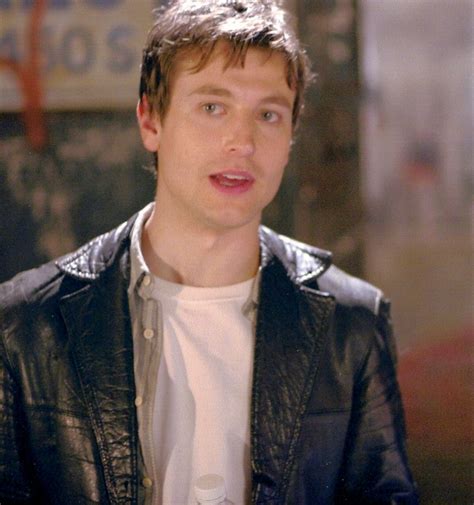A Quote by Joel Salatin
There's a big difference between industrializing production of tractors and industrializing production of food. We like technology, but we really like technology that allows us to do better what nature does itself.
Quote Topics
Related Quotes
Technology is neutral and sterile. Now, technology is the nature of modern man; it is our environment and our horizon. Of course, every work of man is a negation of nature, but at the same time, it is a bridge between nature and us. Technology changes nature in a more radical and decisive manner: it throws it out.
The illusion that mechanical progress means human improvement ... alienates us from our own being and our own reality. It is precisely because we are convinced that our life, as such, is better if we have a better car, a better TV set, better toothpaste, etc., that we condemn and destroy our own reality and the reality of our natural resources. Technology was made for man, not man for technology. In losing touch with being and thus with God, we have fallen into a senseless idolatry of production and consumption for their own sakes.
With the Industrial Revolution, the production of food was delegated to big companies in order for women and men to be in the labour force, to come home, stick something in the oven, and eat. It became a big industry that does not have a love affair with food nor is really concerned about nurturing you or giving you the right nutrition.
Technology for me is discover, learn, evolve and implement. It combines 3Ss- speed, simplicity and service. Technology is fast, technology is simple and technology is a brilliant way to serve people. It is also a great teacher. The more we learn about technology and the more we learn through technology, the better it is.
Embedded in every technology there is a powerful idea, sometimes two or three powerful ideas. Like language itself, a technology predisposes us to favor and value certain perspectives and accomplishments and to subordinate others. Every technology has a philosophy, which is given expression in how the technology makes people use their minds, in how it codifies the world, in which of our senses it amplifies, in which of our emotional and intellectual tendencies it disregards.



































